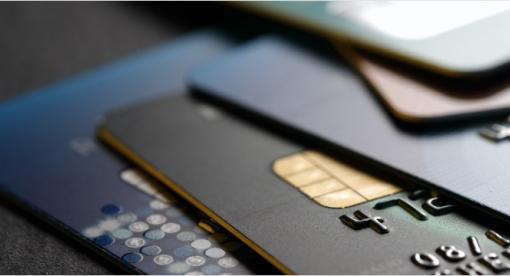
Reading time: 2 minutes
Whether you’ve already established a credit history or you’re wondering how to get started building one, you may not know what a “credit mix” means — or how having different types of credit may affect your credit scores.
Simply put, a credit mix refers to the types of different credit accounts you have — mortgages, loans, credit cards, etc. It’s one factor generally considered when calculating your credit scores, although the weight it’s given may vary depending on the credit scoring model (ways of calculating credit scores) used. In general, lenders and creditors like to see that you have a diverse credit mix — that is, you’ve been able to manage different types of credit accounts responsibly over time.
Generally, there are four different types of credit accounts you may find on your Equifax credit report.
Installment loans
An installment loan is a loan that’s paid back, generally with interest, through regular payments over a period of time, and the payment amount typically stays the same. When the loan is repaid, the account is closed. An example of an installment loan would be an auto loan.
Revolving debt
With revolving debt, you borrow money up to a certain amount (your credit limit) and pay it back — or pay a minimum payment, generally with interest, while carrying a balance. The amount owed can also be paid in full each month to avoid interest charges. Once that amount has been paid back, it is then available to be borrowed again. An example of revolving debt would be credit cards or lines of credit.
Mortgage accounts
Mortgage accounts may differ from other types of installment loans, as the interest rate can be fixed or variable. Fixed interest rates stay the same, while variable interest rates may change.
Open accounts
These types of accounts are ones where the balance is due to be paid in full each month. One example is a credit card that requires payment of the balance in full each month, rather than allowing you to pay over time. Another example of an open account would be a collection account where the entire past due amount is due in full, again rather than paying over time.
Successfully maintaining a diverse mix of types of credit may positively impact your credit scores. That doesn’t mean that you should open credit accounts you don’t need; instead, you might want to think twice about closing a paid-off credit card account, since doing so might have a negative impact on your credit scores for several reasons. For instance, closing the account may affect your debt to credit ratio, or the amount of credit you're using compared to the total amount available to you. Keeping the account open and using it occasionally may help maintain a healthy credit mix.
Keep in mind that your credit mix may be one of the smaller factors in credit score calculations, depending on the credit scoring model used. Other factors that may be used to calculate your credit scores include your payment history on your accounts; the length of your credit history; your debt to credit ratio, as mentioned above; and how much you owe on your credit accounts.
Review your credit report
It’s a good idea to review your credit reports to make sure the information is reported correctly. You’re entitled to a free copy of your credit reports every 12 months from each of the three nationwide credit bureaus by visiting www.annualcreditreport.com.









